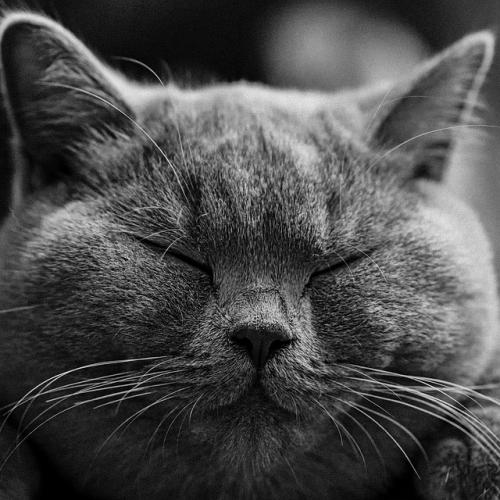
Keeping your cat safe when fireworks start – top tips
Back to overview1.Shut your cat indoors at dusk or as soon as it starts to get dark.
· Feeding an extra tasty food treat should help to encourage your cat indoors.
· Keep him indoors until you are 100% certain that all fireworks have stopped.
· Provide an easily accessible indoor litter tray.
2. Shut all external doors and windows and close all the curtains and window blinds.
· This is not only to prevent him from getting outside, but it can also help to block out the
sounds and flashes of light.
3. Provide your cat with places to hide.
· For example, under or behind furniture, in enclosed spaces e.g. in cupboards, cardboard boxes or ‘igloo’ beds.
· It is best to have a variety of places available as he may want to move from
one to another until he finds the place where he feels most secure.
· If he already has a place that he goes to when he is frightened make sure that this place is accessible and easy for him to get to.
4. Use other sounds that your cat is accustomed to in order to block out the sounds of the fireworks.
· Music with a rhythmic beat can be most effective in blocking out the sounds. But sounds that your cat is not accustomed to may also be frightening, so only play music if it is something that your cat is used to hearing.
· T.V. and radio may also help, but talking is not so effective at blocking out firework sounds. Also be careful if leaving the radio or television on and then leaving your cat, as there is always the possibility, especially around November 5th that the sounds of fireworks or other frightening sounds may be broadcast.
5. Don’t pick up, cuddle or otherwise restrain your cat.
· Being held may make your cat feel that he cannot get away from the frightening sounds. This may increase fear and induce panic.
· Panic may cause your cat to bite and scratch in order to escape.
6. But don’t shun or ignore your cat either.
· If your cat wants to be near you and appears to want a fuss then do so, but avoid cuddling or restraining him in anyway.
· It is important that you act as normal. You cannot make him more fearful by stroking him or talking to him. But if you act abnormally, which may include ignoring him, then this may add to your cat’s anxiety.
7. If you already know that your cat is very frightened of fireworks.
· Ask your vet about treatments that may help your cat at firework time.
· Also ask your vet about referral to a qualified behaviourist, such as member of the Association of Pet Behaviour Counsellors (APBC) www.apbc.org.uk who can help you to help your cat and aim to reduce his fear.
If you are planning your own firework party
· Check your bonfire before setting fire to it.
· Before they are lit bonfires can be inviting places for cats and wildlife, especially hedgehogs. So always check thoroughly before lighting.
· Build your bonfire and set off fireworks as far away from the house as possible.
· Also keep all fireworks, including sparklers, outdoors.
· Choose quieter fireworks.
· Keep your cat securely shut away in a separate room or area of the house.
· Especially if people are likely to be coming into the house e.g. to access the toilet or kitchen
· Ensure that the door(s) to the area where your cat is confined cannot be accidently opened.
· Remove all debris before allowing your cat outside
Spent fireworks, glow sticks and the remains of party food, especially cooked chicken bones can all be potentially harmful to your cat.
Trudi Atkinson RVN, Dip.AS (CABC), CCAB
Trudi Atkinson is a full member of the Association of Pet Behaviour Counsellors (APBC) and a Certificated Clinical Animal Behaviourist (CCAB). She runs a behaviour referral practice covering South West UK dealing exclusively with feline behaviour problems. She initially qualified as a veterinary nurse in 1986 and spent several years in veterinary practice before undertaking further study and gaining a post graduate diploma in companion animal behaviour counselling from Southampton University in 1999. As well as helping cat owners and their pets with behaviour problems, Trudi has also contributed to behaviour and veterinary textbooks and has presented several talks on the behaviour of pet animals, especially cats.
Tips & Tricks
- Easter is a wonderful time of year with so many chocolate Easter eggs in abundance, but make sure you do not let your pet near them.
- With Brexit deal still in negotiation and a possibility of a ‘no deal’ scenario, there are no concrete answers just yet – but to help you become more informed, here is our Q&A on what we can find so far.
- Build-up of wax and debris in your pet's ear canals can lead to discomfort and irritation. Cleaning your pet’s ears can have a lot of benefits and here are some tips to get you started!
- We had a great time catching up with Mariann Bayliss, our sponsored agility handler last week. We met her competing dog, Ila, and her 5 month old puppy Coral.





